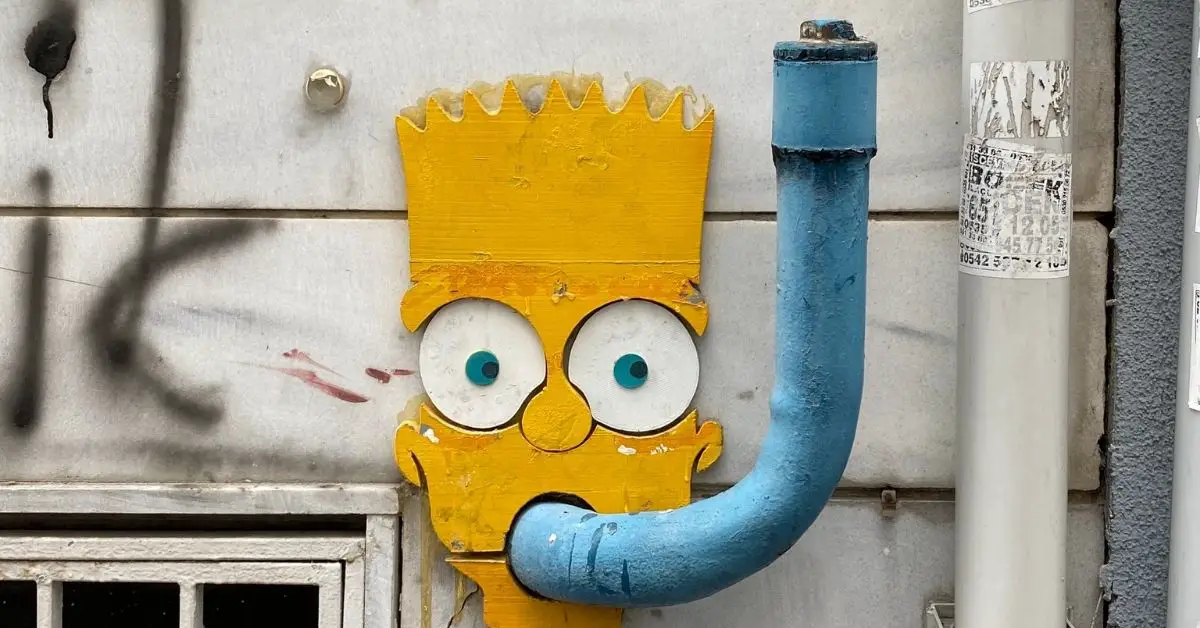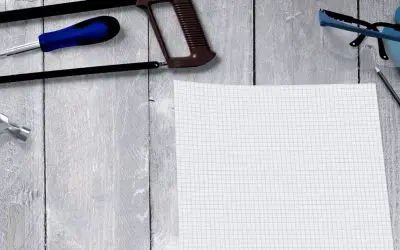Share

When it comes to plumbing, the material of choice is PVC pipe. It’s durable and easy to work with.
So when you’re installing your new bathroom sink, why not use silicone? Silicone is meant for sealing up cracks in PVC pipes, but does it stick if the outside of the pipe has a waterproofing layer? Let’s find out!
What is silicone and what does it do to pipes?
Silicone is a rubbery, waterproof material that coats the outside of PVC pipe. The combination can be used for all sorts of plumbing projects, but only if the silicone sticks to the plastic surface.
It’s important because it prevents leaks and makes your pipes last much longer than they would without this protective layer! Silicone will coat anything it comes in contact with, too. For example, if you have a dirty pipe surface when it’s installed, the silicone will still stick to the PVC.
Does silicone stick to pvc pipe?
Yes! Silicone sticks to PVC pipe just fine. It will create a waterproof seal that makes your pipes last much longer than they would without this protective layer. In fact, it’s a good idea to apply silicone even if you don’t have leaks or cracks. It will keep the water from seeping out and making your pipes brittle.
How to use silicon on PVC pipe?
Silicone is an easy material to work with, but it does have a few quirks. For one thing, you’ll need to use all-silicone adhesive instead of PVC glue when installing your pipe.
The first coat should be thin and watery so that it can soak into the pores of your plastic surface (the second coating needs to be much thicker). You also want to make sure that it’s fully dry before you apply the second coat. This should take about 24 hours, so plan accordingly!
What are good ways to use silicone?
- Silicone can be used for all sorts of projects around your house, but if you’re using it on pipes then here are some ideas:
- Install a new bathroom sink with silicone instead of PVC glue to make sure your project is leak-proof!
- Use it on faucets or shower heads that have developed cracks – once the sealant dries, the leaks will stop and you’ll be able to extend their life.
- Use it on outdoor faucets, especially if you live in a place with hard water. This will help prevent the calcium deposits from forming and possibly cracking your pipes!
Things you should know about silicon before using it on your pipes:
Silicone is a great adhesive for fixing pipes, but it does have a few quirks to be aware of:
Make sure you use all-silicone adhesive instead of PVC glue. You’ll want the first coat very thin and watery so that it can soak into your plastic surface (the second coating needs to be much thicker). Make sure it’s fully dry before the second coat. If you’re installing a new bathroom sink, give your silicone 24 hours to cure completely.
Silicone should be applied only after the first layer has dried because otherwise, there will be no “key” for it to grab onto and adhere properly. You need enough time for this step, so plan accordingly!
When mixed with PVC glue, silicone will create a very strong bond that is also flexible enough to prevent cracking. This combination can be used on faucets and even outdoor fixtures as long as the water isn’t too hard (silicone is not suitable for this).
Silicone can be harmful if it gets into your eyes or mouth, so be careful when you’re working with it and wear protective glasses or a mask if desired.
We hope that you’ll be able to decide if it’s time to use silicone on your PVC pipe with the information above! You can also read our post on cutting copper pipe with a Dremel and flattening PVC pipe with a heat gun.



0 Comments